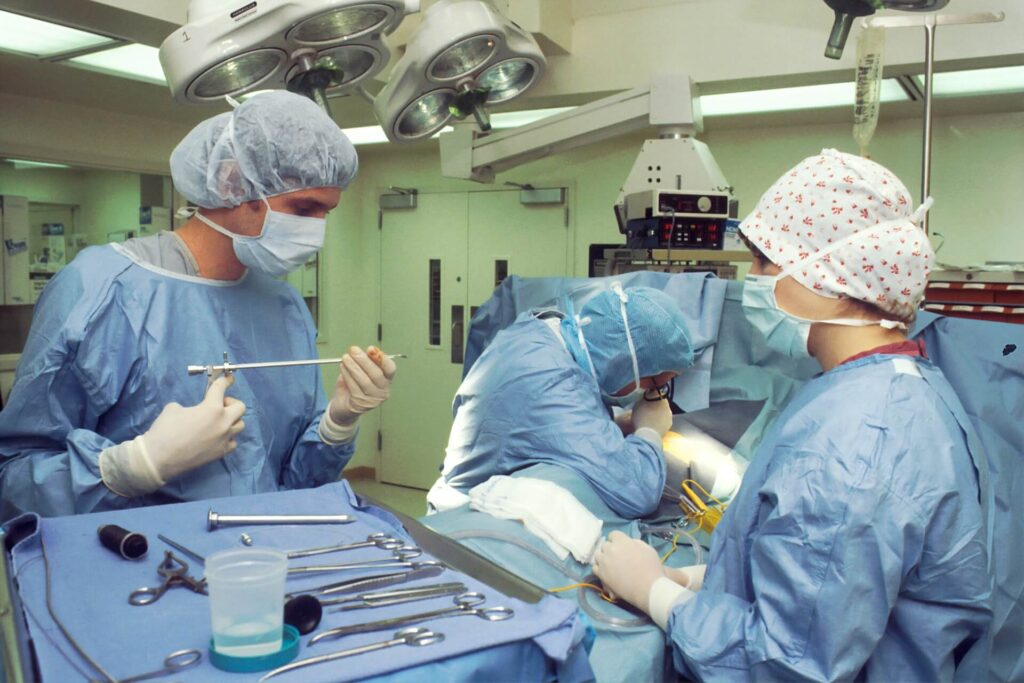If you’ve ever considered a career in the medical industry, you might have been daunted by the seemingly insurmountable barriers to entry. The complex training, stringent qualifications, and competitive job market can be intimidating. However, getting into the medical industry can be easier than you think, as long as you know the right tips and strategies. Here are some key tips to begin medical billing and coding program that will set you on the path to a successful career in the medical field.
Education Is Your Foundation
The first and most crucial step to entering the medical industry is education. Your level of education will determine the roles you can qualify for, so it’s important to choose the right path for your career goals. You can find courses online that help students pass their exam for college entrance with ease and prepare for future exams in college. Start with a bachelor’s degree in a science-related field, such as biology or chemistry, if you want to keep your options open.
Alternatively, if you have a specific medical career in mind, like nursing or radiology, find a program tailored to that field. Be sure to research the prerequisites for your desired profession and ensure your education aligns with them. Remember that continuous learning is a cornerstone of the medical industry. Once you’ve entered your field, stay updated with the latest developments through workshops, certifications, and online courses.
Gain Practical Experience
Education is vital, but it’s only half of the equation. Practical experience is the other key component that will make you a valuable asset in the medical industry. Healthcare employers value hands-on experience as much as, if not more than, your formal education.
To gain practical experience, consider internships, part-time jobs, or volunteer opportunities at local clinics or hospitals. These experiences not only provide you with a glimpse of the real work environment but also allow you to build a network in the industry, which can be invaluable for landing your first job.
Certifications and Licensing
Depending on your chosen medical profession, you may need certifications or licenses to practice legally. For example, nurses require state-specific licenses, and medical coders may need certification from organizations like the American Health Information Management Association. Research the specific requirements for your field and ensure you meet them.
Furthermore, maintaining and updating your certifications and licenses is crucial. The medical field is dynamic, and regulations often change. Keeping your credentials up to date demonstrates your commitment to providing quality care and ensures that you remain employable.
Networking Is Your Secret Weapon
While education and experience are crucial, don’t underestimate the power of networking in the medical industry. Building professional relationships can open doors and provide opportunities that might not be accessible through traditional job postings. Attend industry conferences, join relevant social media groups, and participate in local healthcare events. These connections can lead to mentorships, job referrals, and a deeper understanding of your field.
- Access to Insider Knowledge: Networking can provide you with valuable insights into the medical industry. Conversations with experienced professionals can help you understand industry trends, challenges, and emerging opportunities. This knowledge can give you an edge in job interviews and when making career decisions.
- Mentorships and Guidance: Establishing connections with seasoned professionals can lead to mentorship opportunities. A mentor can offer guidance, share their experiences, and provide advice on navigating your career path. Their support can be invaluable as you face the complexities of the medical field.
- Job Referrals: In many cases, job openings in the medical industry are filled through referrals or word-of-mouth. When you have a robust professional network, you increase your chances of being recommended for job openings that may not even be publicly advertised. These opportunities often come with a higher chance of success.
Embrace Technological Advancements
The medical industry is constantly evolving, thanks to technological advancements. Staying current with these innovations can give you a competitive edge. Familiarize yourself with Electronic Health Records (EHR) systems, telemedicine platforms, and diagnostic tools. Proficiency in the latest medical technology not only enhances your job prospects but also improves patient care, making you a more valuable healthcare professional.
Adaptability and Soft Skills
In addition to your technical skills, soft skills are equally essential in the medical industry. Effective communication, empathy, teamwork, and adaptability are qualities highly prized by employers. Patients and their families often remember not just the treatment they receive but also the care and understanding shown by the medical staff. Cultivate these skills to excel in a field that involves constant interaction with patients and their loved ones.

Getting into the medical industry is indeed achievable when you follow a well-defined path. Education, practical experience, certifications, networking, technological adaptability, and the development of essential soft skills can pave the way for a successful and fulfilling career. Remember that the journey may have its challenges, but the rewards in terms of job satisfaction, opportunities for growth, and the chance to make a real difference in people’s lives are well worth the effort.








